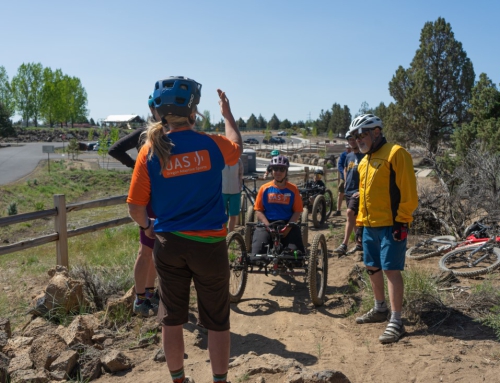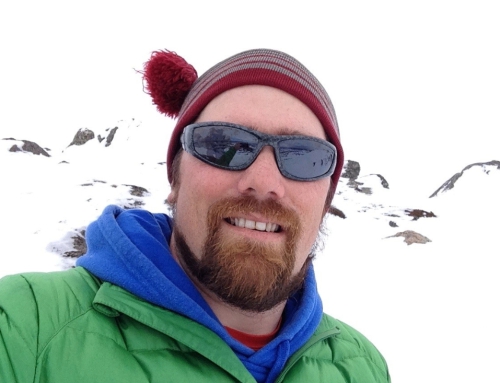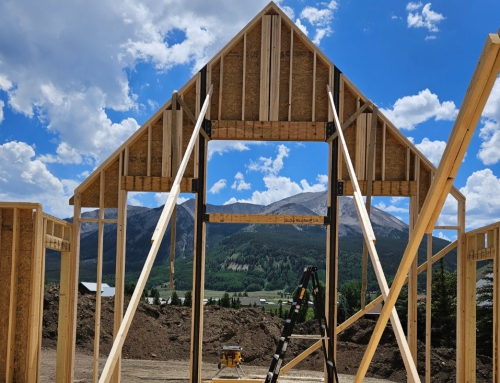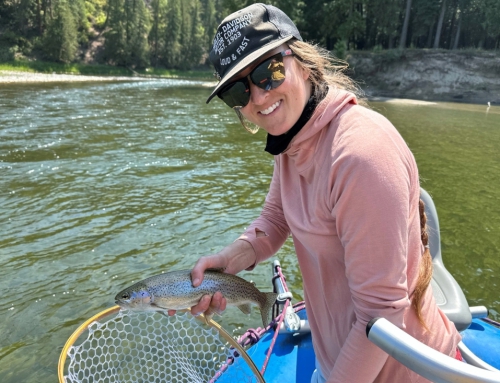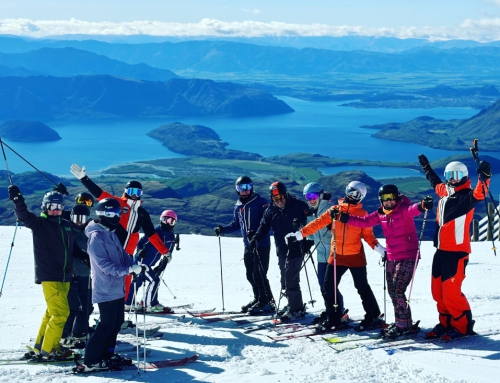32 Degrees: PROspective with Brenna Huckaby
View this article, by AASI Snowboard Team member Brennan Metzler, in the Fall 2020 issue of 32 Degrees on page 24.
PROspective asks professional athletes about skiing, snowboarding, learning, and their careers to give instructors insight into different aspects of the snowsports industry.
Brenna Huckaby – a multiple world champion and Paralympic Gold Medalist snowboarder and the first amputee featured in Sports Illustrated’s Swimsuit Issue – says “My body is the least interesting thing about me.”
An avid gymnast, Brenna was diagnosed with osteosarcoma at the age of 14, resulting in the amputation of her right leg. In the decade that has followed, she’s developed into the world’s top Paralympic banked slalom and boardercross athlete, became a mother of two, received an ESPY Award in the Best Female with a Disability category, posed for SI’s Swimsuit Issue, and emerged as a strong vocal advocate for the adaptive sports community.
Here, AASI Snowboard Team Member Brennan Metzler talks with Brenna about her history and relationship with snowboarding, how she balances motherhood and a full-time snowsports career, and what it’s like to be coached by legend and former AASI Team coach Lane Clegg (who happens to be her father-in-law).
Tell me about the first time you went snowboarding.
The year that I lost my leg (2010), my hospital took a ski trip to Park City, Utah. I went out with an instructor at the National Ability Center, Tera Adams [who was profiled in the Fall 19 issue of 32 Degrees]. She made snowboarding so fun, and I loved it. Tera treated me as a whole person 100% of the time. Snowboarding was the first post-amputation activity I found that provided me with the mental and physical challenge that I craved.
Your love for snowboarding motivated a move from Louisiana to Utah in high school. How have you managed this love for snowboarding as it evolved into a full-time career?
The last few years, riding has been harder. I felt burnt out. My most recent maternity leave reminded me that snowboarding is fun. I mean, I’m riding a piece of wood down a mountain! It’s not easy to stay in love with snowboarding, but I have to remember that, no matter what, snowboarding is so fun.
You’ve credited coaches for having a major impact on your progression and evolution as an athlete. What did your coaches do for you and your training?
I’m pretty body aware from my years of gymnastics, but I need my coaches to tell me what my snowboard is doing and connect me to what it should be doing. Having them tell me, “Look, this is what you need to do,” allows me to go out, train, and progress.
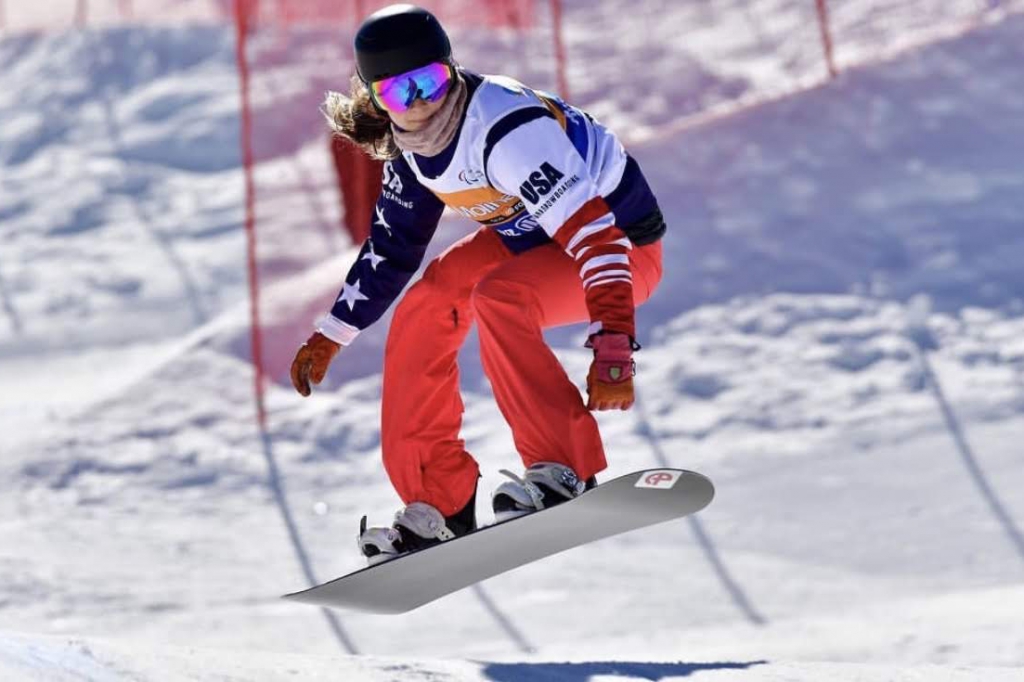
What’s it like to have Lane Clegg as a coach? He was instrumental in the creation of AASI and the Snowboard Technical Manual.
Having Lane as a coach is great for two reasons. First, he will call you out. I have a strong personality, and I’m going to speak from where I’m coming from. Lane is able to stand strong when I’m in that space and back up his words by explaining “why” they are true for me. Second, he breaks big technical concepts down into digestible pieces. At the advanced level, so much of what we do as a coach or athlete comes down to finding a common language. Lane is really good at finding words that I can comprehend and use to improve.
What did you learn from your 2018 Paralympic gold medal experience?
Looking back, I wish I had more fun in South Korea. I’m grateful for all of the hard work I put into pursuing my Paralympics, and the experience in Pyeongchang, but it was super stressful. In this next Olympic cycle, I’m focusing on how to have fun and perform at the same time – which you can totally do.
You’re a mother and a professional athlete. Any advice for the instructor-mothers in PSIA-AASI?
I’ve learned two things about being a full-time working mom. First, you can’t do it alone. I need a village to be able to raise my kids and to have a career in snowboarding, and I’m super lucky to have people I trust to help out. Second, it’s okay to ask for help, and to say no. If you can’t do everything each day, like training a certain amount, it’s not the end of the world to adapt and go with the flow of things.
The last few years, you seem to have intentionally increased your advocacy for adaptive athletes and sports, becoming more public with your story and experiences.
There is so much work to be done within the adaptive snowsports community, and the adaptive community as a whole. I mean, even the Paralympics is cutting adaptive disciplines to save money. So, I’m starting classes towards a degree in Special Education, with the goal of continuing to work with athletes after my time as a professional snowboarder.
Adaptive snowsports continue to grow within the PSIA-AASI system. Any thoughts or advice for our pros who work in the community?
Don’t be afraid to get creative and challenge your students to do something different. Every lesson will look different, so it’s okay to think outside the box.


